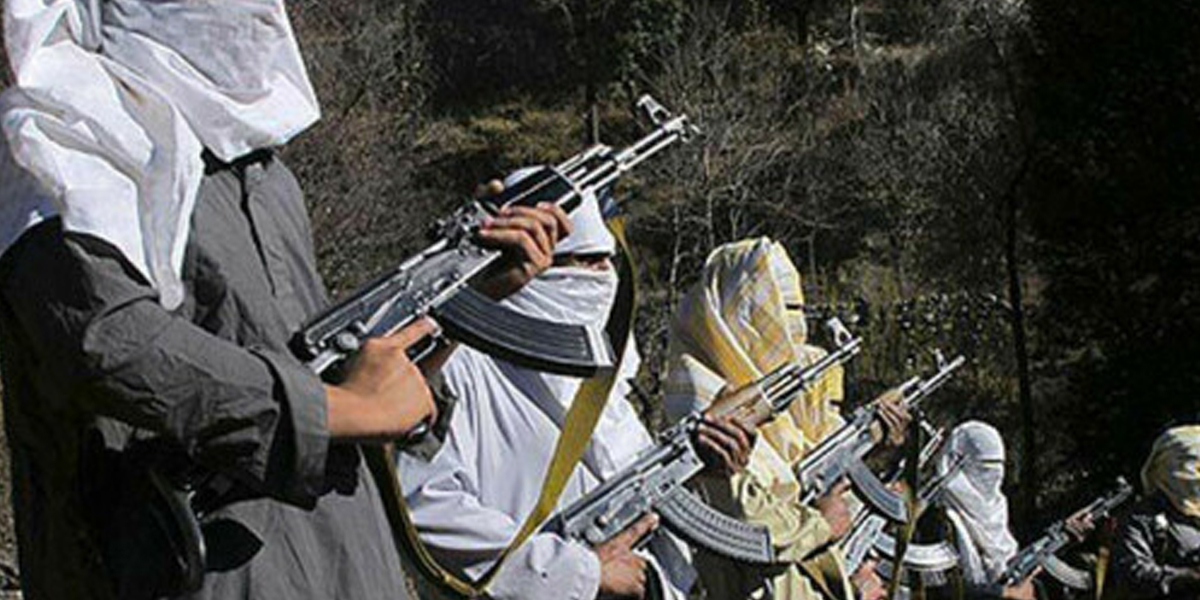ACCORDING to discussions held in the UN Security Council recently, the multilateral body’s counterterrorism experts have raised the alarm about “Nato-calibre weapons” ending up in the hands of IS-K, through the TTP.
The UN experts have rightly pointed out that these weapons pose a “serious threat in conflict zones and neighbouring countries”. What is particularly troubling is that IS-K may have access to drones with increased payloads. Pakistan should be wary about this nexus between the TTP and IS-K, as both terrorist groups have targeted this country.
The Afghan Taliban, however, remain dismissive, with a spokesman saying that IS-K’s presence in Afghanistan has “been reduced to zero”. Either the Taliban are not aware of the facts on the ground in their own country, or they are being economical with the truth, as the UN contends that 20 different terrorist outfits remain active in Afghanistan.
The fact is that in the aftermath of the chaotic US withdrawal from Afghanistan in 2021, American forces left a bonanza of weapons and military equipment in the country. According to testimony Pentagon officials gave to the US Congress, gear worth over $7bn, including guns, ammunition and other military equipment, was abandoned in Afghanistan as US forces shipped out.
Much of this was snapped up by the Taliban, and through their ‘good offices’ has ended up with militant groups such as the TTP. Now this lethal weaponry is being accessed by IS-K, along with being sold in the black market.
The Taliban need to firstly acknowledge the problem, and thereafter ensure that none of this sophisticated gear ends up in the hands of terrorist groups. Kabul’s rulers insist on being accepted by the global community. However, to gain the world’s recognition they must act like a proper government, and ensure that deadly weapons don’t make their way to militants.
It was also highly irresponsible of the US to leave such high-value military gear behind. American military officials say there was no “realistic way” of retrieving the gear. This is not reassuring behaviour on the part of a country that is a military superpower.
Pakistan has long criticised the Taliban for allowing their soil to be used by terrorist groups. The UN’s latest findings justify this country’s concerns, and Afghanistan’s neighbours need to press the Taliban to take action against militants working under their very nose.

